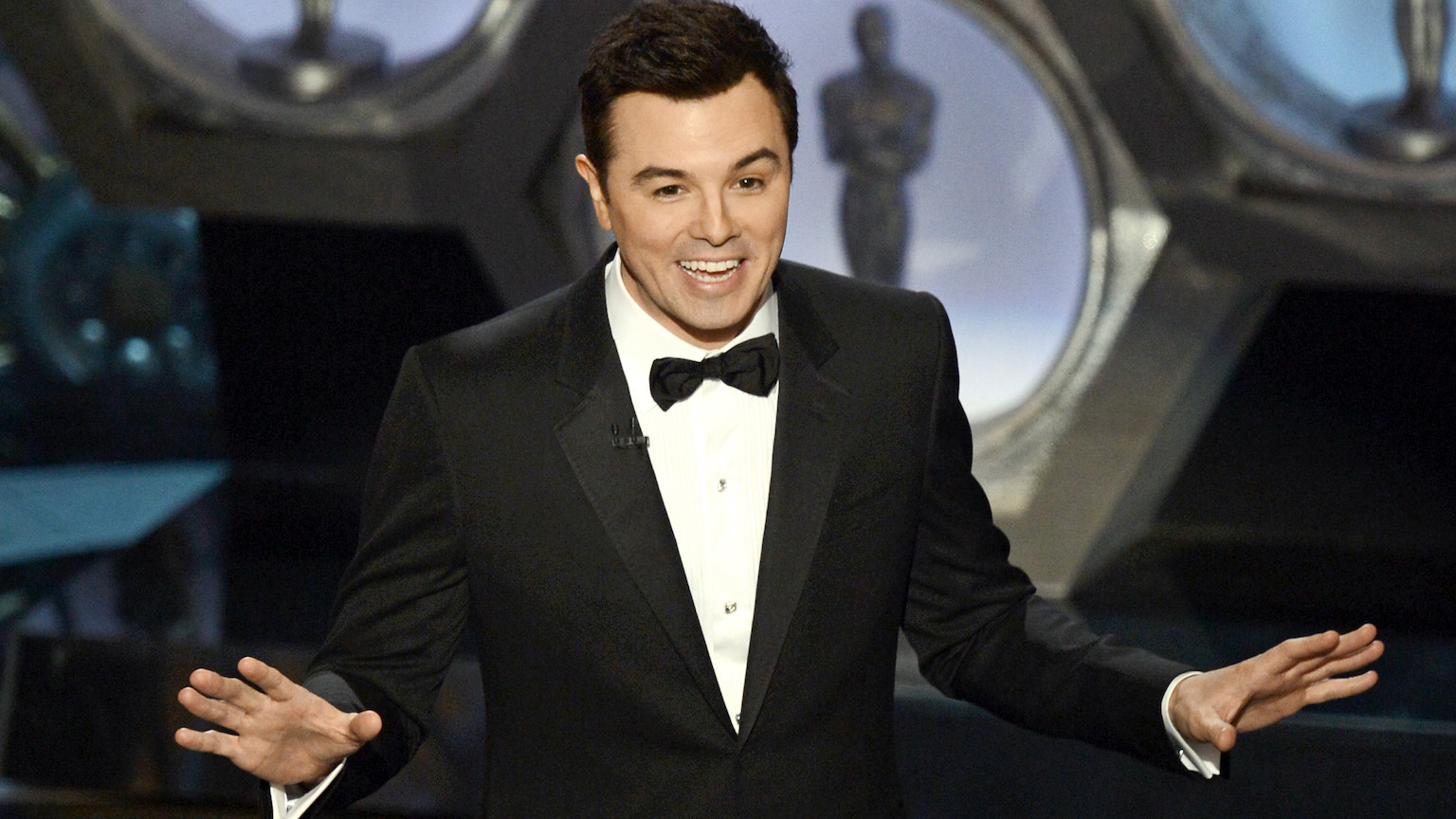A.O. Scott, chief film critic for The New York Times, says the Academy of Motion Picture Arts and Sciences deserves all the discomfort it is currently experiencing. For two years in a row, the Academy has nominated only white actors to receive the golden Oscars at its annual awards ceremony, broadly recognized as the biggest event in film. The problem isn’t with the Academy, however, but with the film studios themselves. More complicated, still: The presence of an African-American host, Chris Rock, risks appearing as window dressing for the present inequality.
A.O. Scott: I think that the Academy has put themselves into a very uncomfortable position. And they deserve all of the discomfort that they're experiencing. And the question of the broadcast itself is an interesting one because Chris Rock as host, and, of course, he was put in place as host before the nominations came out and before the protest against them, no matter what he does, and I'm sure his jokes will be very pointed and very honest and very strong because that's the kind of comedian, the kind of performer he is. Nonetheless, it can't help but be a kind of window dressing or a sort of compensation: "Well see, we didn't nominate any black people, but our host is African-American so it's all fine. We're all good." But I think that the one thing that Chris Rock will inevitably do; I don't think he will or can or would want to dispel this controversy, but in a way to focus it. Because the real matter is not just the Academy and the Academy's membership and the voting and nominating rules; that's all an important local issue, but the controversy over the Oscars and the "#OscarsSoWhite" idea has so much more to do with the film industry; with how it's structured; with what movies get made; with what kind of opportunities are available to different people. The fact that the power in the film industry resides with white men whose perspective — it's not that any of them are individually necessarily racist or bigoted, but there is a collective myopia that comes in and I think an unconscious bias where you're a middle-aged white guy and you see a young white guy and you're like, "Oh yeah, let's give that kid a break," and there are women and there are people of color who are just as talented whose work can be just as strong, but you don't to see them. And that's a very big problem and that's a problem that, I think, that it is nothing but good news that that problem is now being talked about, being aired out in public, becoming an issue of controversy and discussion.




